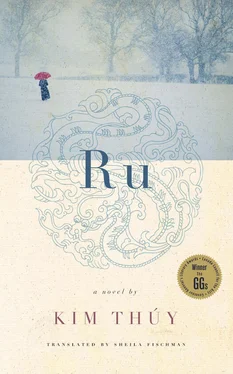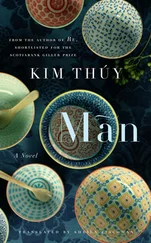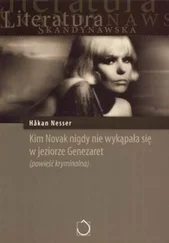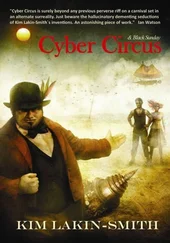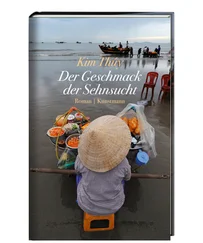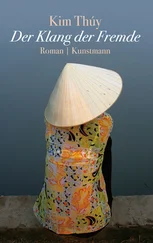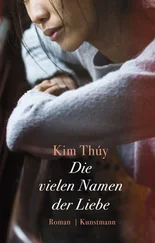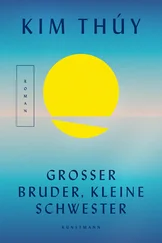At that time, children had to plant trees as a sign of gratitude towards our spiritual leader, Ho Chi Minh, and they also had to retrieve undamaged bricks from demolition sites. My search through the debris for the package of gold therefore roused no suspicions. But I had to be careful, because one of the soldiers at our house was assigned to keep an eye on where we went and whom we were with. Knowing that I was being watched, I walked across the site too quickly and couldn’t find the package, not even after a second try. My parents asked Anh Phi to take a look. After his search, he took off with a bag full of bricks.
The package of gold taels was returned to my parents a few days later. Subsequently, they gave it to the organizer of our sea-bound escape. All the taels were there. During this chaotic peacetime, it was the norm for hunger to replace reason, for uncertainty to usurp morality, but the reverse was rarely true. Anh Phi and his mother were the exception. They became our heroes.
To tell the truth, Anh Phi had been my hero long before he handed over the two and a half kilos of gold to my parents, because whenever I visited him, he would sit with me on his doorstep and make a candy appear from behind my ear instead of urging me to play with the other children.
My first journey on my own, without my parents, was to Texas, to see Anh Phi again and this time give him a candy. We were sitting side by side on the floor against his single bed in the university residence when I asked him why he’d given the package of gold back to my parents, when his widowed mother had to mix their rice with barley, sorghum and corn to feed him and his three brothers. Why that heroically honest deed? He told me, laughing and hitting me repeatedly with his pillow, that he wanted my parents to be able to pay for our passage because otherwise he wouldn’t have a little girl to tease. He was still a hero, a true hero, because he couldn’t help being one, because he is a hero without knowing it, without wanting to be.
I wanted to be a heroine to the young girl selling grilled pork outside the walls of the Buddhist temple across from the office in Hanoi. She spoke very little, was always working, absorbed in the slices of pork she was cutting then putting into the dozens of baguettes she’d already split down three-quarters of their length. It was hard to see her face once the coal had been kindled in the metal box blackened by grease accumulated over the years, because a cloud of smoke and ash enveloped her, suffocated her, made her eyes water. Her brother-in-law served the customers and washed the dishes in two pots of water set on the very edge of the sidewalk, beside an open sewer. She must have been fifteen or sixteen, and was stunningly beautiful despite her misty eyes and her cheeks smeared with ashes and soot.
One day her hair caught fire, burning part of her polyester shirt before her brother-in-law had time to pour the dirty dishwater over her head. She was covered with lettuce, slices of green papaya, hot peppers, fish sauce. I went to see her before lunch the next day to offer her work cleaning the office and to suggest that she sign up for a cooking class and English lessons. I was sure I would be granting her fondest dream. But she refused, refused all of it, by simply shaking her head. I left Hanoi, abandoning her to her bit of sidewalk, unable to make her turn her gaze towards a horizon without smoke, unable to become a hero like Anh Phi, like many people who have been identified, named and designated heroes in Vietnam.
Peace born from the mouths of cannon inevitably gives birth to hundreds, to thousands of anecdotes about the brave, about heroes. During the first years after the Communist victory, there weren’t enough pages in the history books to fit in all the heroes, so they were lodged in math books: if Comrade Công downed two airplanes a day, how many did he shoot down in a week?
We no longer learned to count with bananas and pineapples. The classroom was turned into a huge game of Risk, with calculations of dead, wounded or imprisoned soldiers and patriotic victories, grandiose and colourful. The colours, though, were illustrated only with words. Pictures were monochromatic, like the people, perhaps to stop us from forgetting the dark side of reality. We all had to wear black pants and dark shirts. If not, soldiers in khaki uniforms would take us to the station for a session of interrogation and re-education. They also arrested girls who used blue eyeshadow. They thought these girls had black eyes, that they were victims of capitalist violence. Perhaps for that reason they removed the sky blue from the first Vietnamese Communist flag.
When my husband wore his red T-shirt with a yellow star in the streets of Montreal, the Vietnamese harassed him. Later my parents had him take it off and replaced it with an ill-fitting shirt of my father’s. Even though I could never have worn such a thing myself, I hadn’t told my husband not to buy it because I myself had once proudly tied a red scarf around my neck. I had made that symbol of Communist youth part of my wardrobe. I even envied friends who had the words Cháu ngoan Bác Hồ embroidered in yellow on the triangle that jutted out from the neckline. They were the “beloved children of the party,” a status I could never attain because of my family background, even though I stood first in my class or had planted the most trees while thinking about the father of our peace. Every classroom, every office, every house was supposed to have at least one photo of Ho Chi Minh on the walls. His photo even displaced those of ancestors that no one had ever dared to touch before because they were sacred. The ancestors — though they may have been gamblers, incompetent or violent — all became respectable and untouchable once they were dead, once they’d been placed on the altar with incense, fruits, tea. The altars had to be high enough so that the ancestors looked down on us. All descendants had to carry their ancestors not in their hearts but above their heads.
Just recently in Montreal, I saw a Vietnamese grandmother ask her one-year-old grandson: “Thu’o’ng Bà để dâu?” I can’t translate that phrase, which contains just four words, two of them verbs, to love and to carry . Literally, it means, “Love grandmother carry where?” The child touched his head with his hand. I had completely forgotten that gesture, which I’d performed a thousand times when I was small. I’d forgotten that love comes from the head and not the heart. Of the entire body, only the head matters. Merely touching the head of a Vietnamese person insults not just him but his entire family tree. That is why a shy Vietnamese eight-year-old turned into a raging tiger when his Québécois teammate rubbed the top of his head to congratulate him for catching his first football.
If a mark of affection can sometimes be taken for an insult, perhaps the gesture of love is not universal: it too must be translated from one language to another, must be learned. In the case of Vietnamese, it is possible to classify, to quantify the meaning of love through specific words: to love by taste ( thích ); to love without being in love ( thu’o’ng ); to love passionately ( yêu ); to love ecstatically ( mê ); to love blindly ( mù quáng ); to love gratefully ( tình nghĩa ). It’s impossible quite simply to love, to love without one’s head.
I am lucky that I’ve learned to savour the pleasure of resting my head in a hand, and my parents are lucky to be able to capture the love of my children when the little ones drop kisses into their hair, spontaneously, with no formality, during a session of tickling in bed. I myself have touched my father’s head only once. He had ordered me to lean on it as I stepped over the handrail of the boat.
Читать дальше
